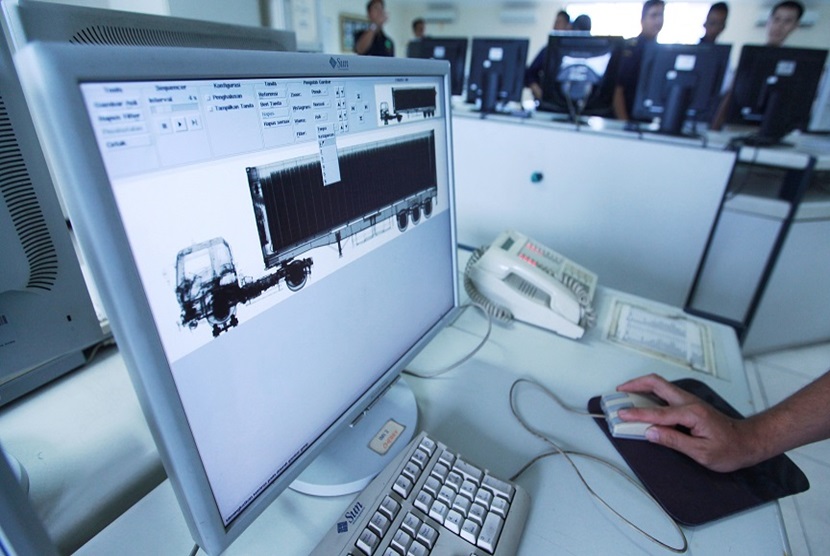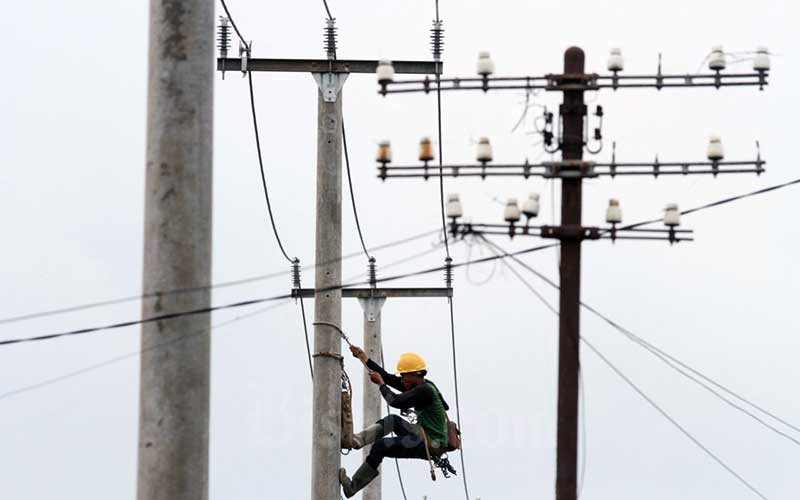[ad_1]
The US House of Representatives passed on Saturday a bill that could see the wildly popular video creation and sharing app TikTok banned in the country unless it divests from its Chinese parent company ByteDance.
The bill passed with 360 votes in favor, and merely 58 against. It is expected to go to the Senate for a vote next week.
TikTok, whose popularity is particularly huge among younger generations, criticized the bill, which was part of a larger bill providing aid to Ukraine, Israel and Taiwan.
The app warned that, if passed, the legislation would “trample the free speech rights of 170 million Americans, devastate 7 million businesses, and shutter a platform that contributes $24 billion (€22.5 billion) to the US economy, annually.”
US President Joe Biden has said he would approve the legislation if it makes its way to him.
What does the bill stipulate?
The bill gives Chinese owner ByteDance nine months to sell the app, with a potential three-month extension if a sale was underway. The parent company would also be barred from controlling TikTok’s algorithm, which feeds users videos based on their needs.
Steven Mnuchin, who served as US treasury secretary under former President Donald Trump, has said he is interested in acquiring the app and has assembled a group of investors.
The latest bill is a revision of an earlier one passed by the House in March, which required ByteDance to sell TikTok within six months. However, some senators were concerned six months would be too short a deadline.
Why is there opposition to TikTok?
US officials have sounded the alarm over the app’s growing popularity, particularly among young people, claiming it could allow Beijing to spy on its some 170 million users in the country.
A number of Chinese national security laws compel organizations to assist with intelligence gathering. Lawmakers and officials are also wary that Beijing could directly influence TikTok content based on its interests.
TikTok has denied that it could be used as a tool for the Chinese government or that it has ever shared US user data with Chinese authorities, vowing never to do so even if asked.
US lawmakers move closer to nationwide TikTok ban: Stefan Simons from Washington
The bill’s opponents argue that Beijing could easily get data on US citizens in other ways, including through commercial data brokers that sell or rent personal information.
Among the opponents of the bill is billionaire Elon Musk, who now owns the social media platform X, formerly Twitter.
“TikTok should not be banned in the USA, even though such a ban may benefit the X platform,” Musk said. “Doing so would be contrary to freedom of speech and expression.”
rmt/wd (AFP, AP)
[ad_2]
Deutsche Welle




